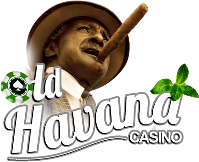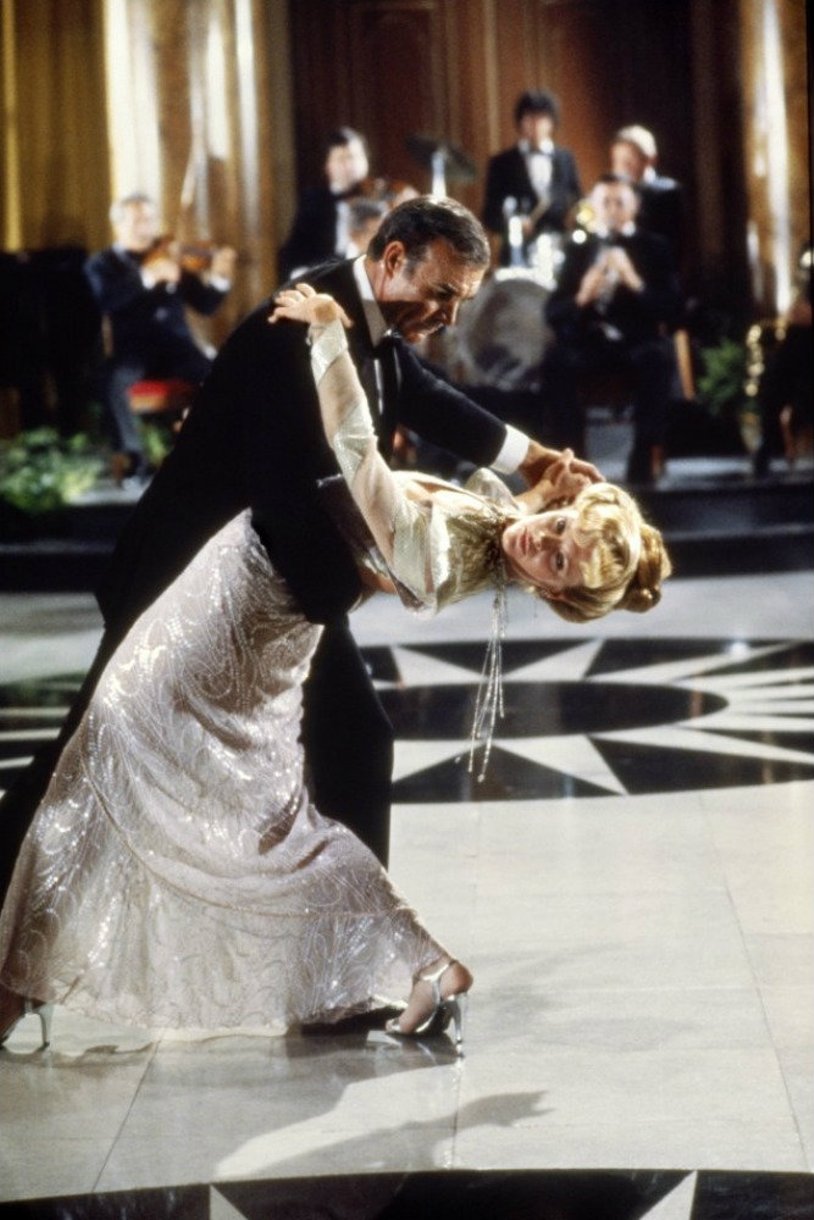One reason to play roulette is that the game has a history that is known and respected by many of its devoted players. There's a bit of that Monte Carlo magic in every roulette wheel - even in the crudest sawdust joints. Dice players have no idea that they are playing a game with a history and most could care less if they knew the history of dice games. Often roulette aficionados ensconce themselves in the past. They can even tell you the names of the greatest roulette players in history and can describe the stories of their greatest scores and often, even bigger falls.

The best daily bonuses on the internet
Our score:  (4.3 / 5)
(4.3 / 5)

Welcome Bonus
Our score:  (4.2 / 5)
(4.2 / 5)

Welcome Bonus
Our score:  (4.2 / 5)
(4.2 / 5)

Bonus Code: 400BONUS
Our score:  (4.2 / 5)
(4.2 / 5)

Bonus Code: 400BONUS
Our score:  (4.2 / 5)
(4.2 / 5)

Here's a description of Monte Carlo about the year 1900 as taken from The Sealed Book of Roulette.
Monte Carlo may be described as the "multum in parvo" of the Riviera since every amusement, entertainment, and pleasure can be tasted and enjoyed until the appetite is satiated. There is nothing wanting.
The Casino proper is a cosmopolitan rendezvous for tout le monde, where from ten o'clock in the morning till midnight you will find, seated or standing, the groups of all nationalities playing seriously all manner of systems, and many armed with books and ledgers to check and countercheck their calculations with mathematical precision. Here gambling is carried on as a business, and the social side of life is a secondary consideration.
According to the author, the real world of Monte Carlo is found in the luxurious Sporting Club. He describes his experience here.

The gambling that takes place here, whether at Roulette or Baccarat, is noticeably in the real sporting spirit. There is joyousness in the air compared with the atmosphere of ordinary casinos, mainly because the club members can mostly afford to play and lose cheerfully. Coolness and courage may be seen exemplified among the players for high stakes, in contrast to the hectic flush caused by desperate anxiety which changes the countenance of the spasmodic gamblers in the public rooms across the way.
From midnight to dawn, all through the season, the Sporting Club of Monte Carlo becomes the ballroom of Europe. One can sit about in easy chairs and smoke and gossip with friends or stroll through the heterogeneous throng, listening to wit and admiring beauty, till one realises "the inspiration and mental tonic of gaiety." Truly here will be found gaiety in excelsis.
Today, roulette has spread to all parts of the globe. It can be found in locations from Castle Harbour in St. John, Antigua, to the Fairmont Hotel in Livingstone, Zambia.
Roulette is the third most popular casino table game in the United States, and worldwide it is by far the most popular casino table game. The latest information I have available shows that there are 170 roulette wheels in Las Vegas, 155 in Atlantic City, 300 in the United Kingdom, and over 1,500 in Europe.
In the United States, roulette has not enjoyed the popularity of craps and blackjack. The usual explanation is that the average house take of 5.26% in the American version of roulette compares too unfavorably with the line bet odds of 1.4% in craps and the chance of even gaining an advantage over the casino offered by blackjack.
I think the explanation for roulette lagging behind the other casino table games is a bit more subtle. Craps gained in popularity in World War II, when many GIs were exposed to the game. If you have been in U.S. casinos over the past ten years, you will have noticed that the interest in craps is waning as the World War II generation ages.